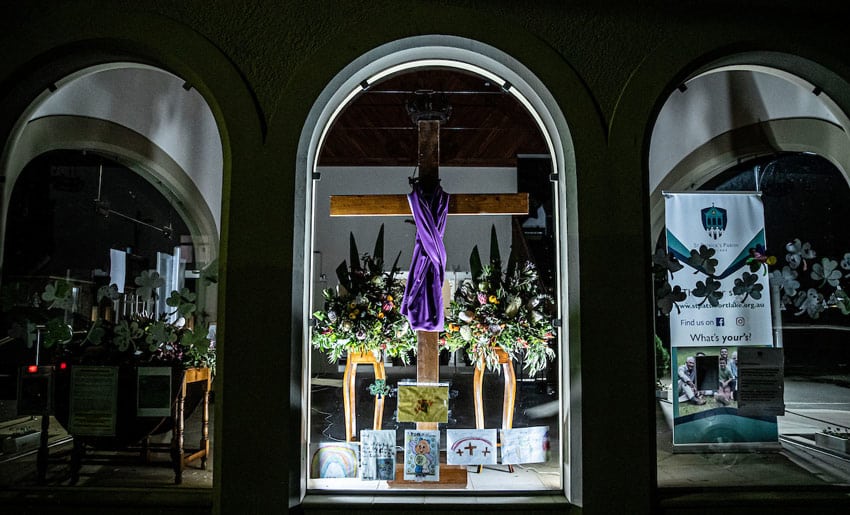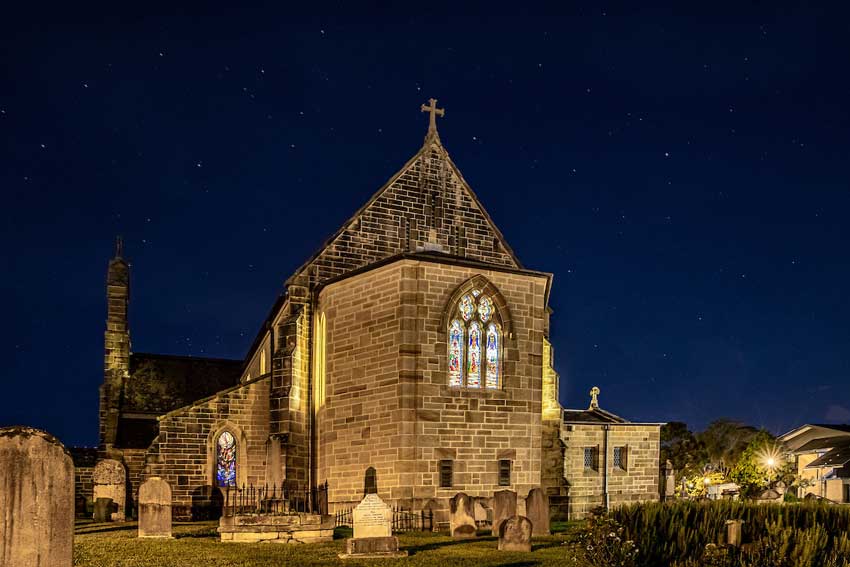
Happy Easter, dear friends. In so many ways, it doesn’t really feel like Easter. We haven’t been able to participate in the Easter Triduum as we usually do, we haven’t been able to gather with friends and family, and the mad rush for chocolate Easter eggs has given way to the need to shop for bare essentials only.
While we are technically supposed to be celebrating in these days, it all still feels a little depressing. In fact, it can feel like we skipped right past the great feast of Easter and went straight back into Lent, or as some have mentioned, that we got stuck on Holy Saturday.
But even during the stillness and silence of this moment, there are many, many signs of Easter right now. Despite this crisis and perhaps even because of it, we have been gifted with so much and have cause to be grateful, and even joyful.
The thing that I have been reflecting on the most is our shared experience of suffering. On any given day in any given year, people get sick and die. On any given day, people lose their jobs and are thrown into financial turmoil.
On any given day, the elderly and vulnerable in our community are more at risk than others from potential harms. And on any given day, way too many of us experience loneliness and isolation.
What makes this time period different is that we are all suffering at the same time, even if not in the same way. In that sense, COVID-19 is the great equaliser. Even those who manage to avoid or beat the virus are not immune from its effects.
On the one hand, the widespread suffering and anxiety can seem like a terrible thing. But on the other hand, the shared suffering is bringing us closer together, making us more mindful of others and leading us towards true compassion.
Think about how willing we have been to place significant restrictions on our personal freedoms to protect others, particularly the elderly. With only a few exceptions, we have internalised the “stay at home” instruction not only to safeguard ourselves, but to ensure that others are not harmed by our actions.
There have been so many examples of people checking in with elderly neighbours to whom they have never spoken to see if they need any assistance.

I know that parishes have recruited teams of volunteers who, in co-operation with CatholicCare, will be able to offer assistance to those in their area who are self-isolated or in other areas of heightened need.
I have seen teachers who are posting offers of assistance on social media, acknowledging the difficulties being faced by our newly-minted generation of homeschooling parents, cafés near hospitals being able to offer free coffee to health care workers because of the donations of patrons, and restaurants offering free, “no questions asked” takeaway meals to anyone who might be suffering financial hardship at the moment, even amidst their own decrease in activity.
Then there is the pastoral creativity of so many of our priests. We read in last week’s The Catholic Weekly about parishes like Ryde and Mortlake leaving the church lights on, so that those driving past would be reminded that even though the church buildings are closed, the Church remains open.
In a similar vein, a priest friend of mine sent me a photo of the tabernacle that he had moved close to the glass doors of the church, so that people would be able to see it from the street.
Others I know have been on the phone, calling parishioners one by one to check in, offering “drive through” confessions, and have dropped off palms and prayers and little bottles of holy water on doorsteps in the parish.
And who cannot help but smile at the efforts of so many to upskill in live-streaming so that the faithful can still participate in the Masses being offered at their local parish?
It’s also wonderful to see the response of Catholics who are eager to ensure that the unavailability of Holy Mass does not result in a decrease in their practice of the faith.
Indeed, a number have commented that their prayer life has actually improved because they need to be more intentional about it.
Lent is about conversion of our ways and coming closer to Christ and each other, and it seems like that is happening, even if this extended Lent has not been of our own choosing.
I say we embrace it and pray that when it is finally over, we will really be an Easter people.
